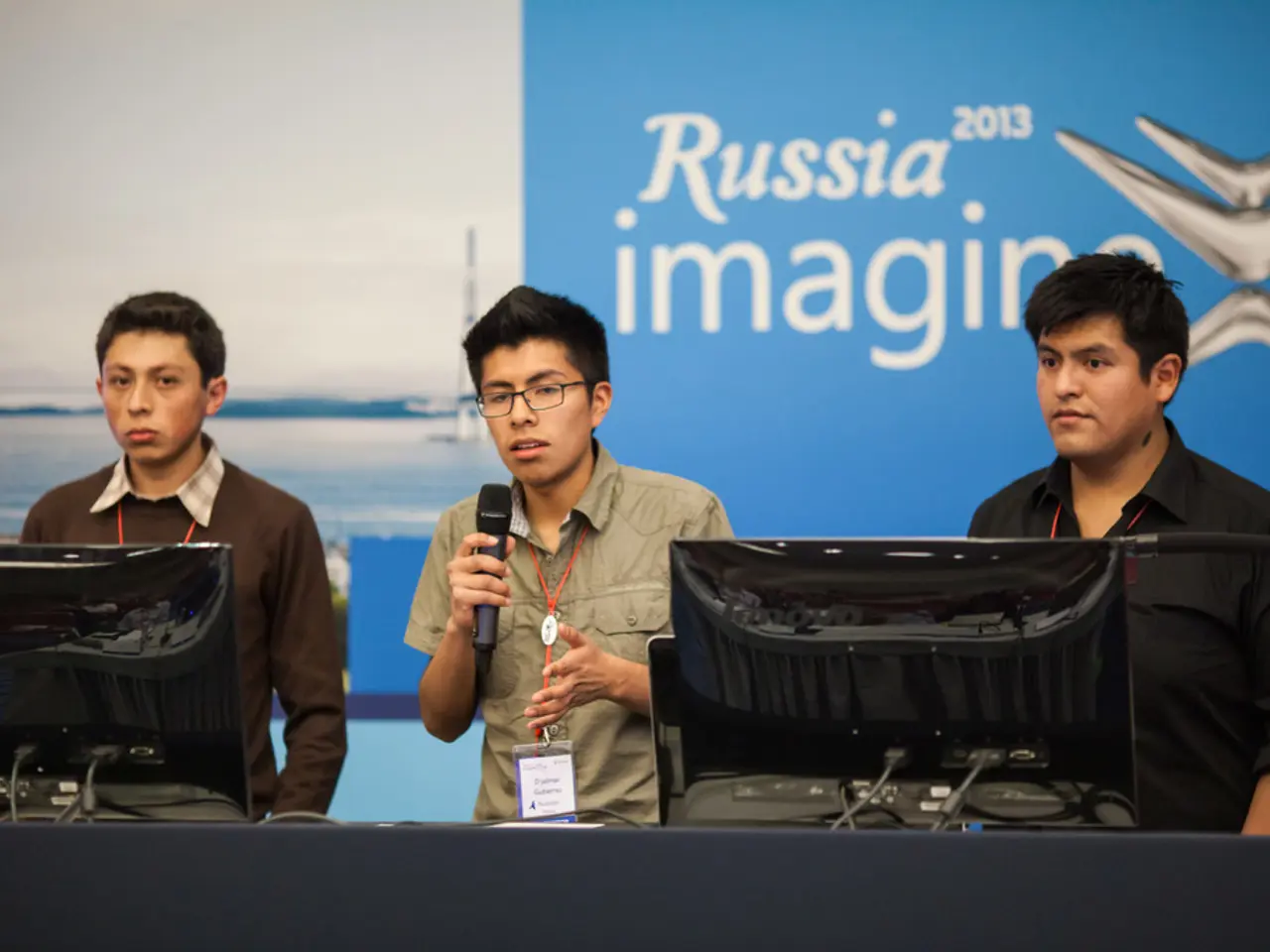Effectiveness of Boycotting Large Businesses: An Analysis
In a world where consumer choices can shape corporate conduct, numerous campaigns have emerged to raise awareness and effect change. One such movement targets fast fashion giant Shein, accused of labor rights violations and allegations of forced labor in Xinjiang, China.
Shein, one of the biggest fast fashion brands, generated $24 billion in revenue in 2022. However, investigations into its factories have revealed harsh conditions, including forced labor-like situations, excessive working hours (75-80 hours/week), and very low wages (as little as $2/hour). These revelations highlight serious labor rights abuses, with concerns extending beyond Shein, reflecting a widespread issue within global supply chains.
The boycott of Shein can be a meaningful action to protest these abuses, but it alone is not sufficient to solve these entrenched problems. Consumer pressure is vital, but it's the combination of consumer pressure, regulatory action, and systemic reforms that is necessary for effective change.
Effective responses include government regulations, trade policies, human rights investigations, and enforcement mechanisms across supply chains. Collaboration between human rights organizations, companies, and governments is crucial to ensure ethical sourcing and prevent abuses.
Raising awareness through boycotts also educates consumers about the ethical implications of fast fashion, potentially shifting demand towards more ethical brands and practices over time.
The issue of forced labor is not unique to Shein. In 2022, an estimated 100,000 Uyghurs and other ethnic minorities in China were working in conditions of forced labor following detention in re-education camps in Xinjiang.
The boycott of Shein has also been used as a tool for protest in other contexts. In 2024, Justice for All called on Muslim women to boycott Shein, alleging its involvement in Uyghur forced labor.
Meanwhile, in the world of sports, activism has taken centre stage. The Black Lives Matter movement, started in 2013 in response to the killing of Trayvon Martin in 2012, gained global momentum following the murder of George Perry Floyd Jr by a police officer in May 2020.
The movement, which aimed to address systemic racism and police brutality against Black individuals, was amplified on social media platforms like Facebook. However, the platform was also criticised for allowing hate speech, misinformation, and other harmful content to spread during the movement.
In response, Mark Zuckerberg announced that Facebook would start placing "warning labels" on posts inciting violence, voting propaganda, and racism.
The LGBTQ+ community in Qatar, host of the 2022 World Cup, experiences discrimination and legal persecution, with sexual acts between males being illegal and punishable by imprisonment. Despite this, several European soccer federations, including Germany and France, decided to have their captains wear armbands with a rainbow heart design as part of an anti-discrimination campaign.
The U.S. soccer squad also posted the rainbow-themed team logo in support of the LGBTQ+ community during the World Cup. However, Qatar recently passed new labor laws, which include a maximum of 48 hours a week and a minimum wage (QAR 1,800 or around $494.30 a month).
While boycotting Shein can be a powerful tool for protest, it's important to remember that real change requires a multi-faceted approach. Consumers, governments, and corporations all have a role to play in ensuring ethical practices and protecting human rights.
- Editorial: The boycott of fast fashion giant Shein, accused of labor rights violations in Xinjiang, China, serves as a reminder of the ethical implications hidden within global supply chains.
- News: Beyond Shein, investigations reveal that an estimated 100,000 Uyghurs and other ethnic minorities in China were working under conditions of forced labor in 2022.
- Opinion: The boycott of Shein alone is not enough to address the widespread issue of forced labor in the fashion industry; it requires a combination of consumer pressure, regulatory action, and systemic reforms.
- Lifestyle: The boycott of Shein can educate consumers about ethical fast fashion choices, potentially leading to a shift in demand towards more ethical brands and practices in the long run.






